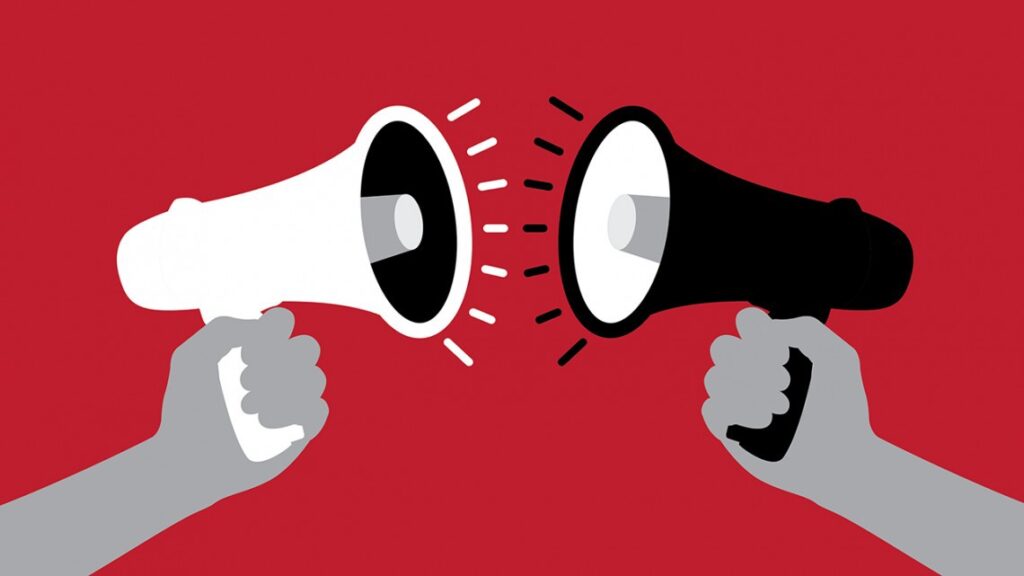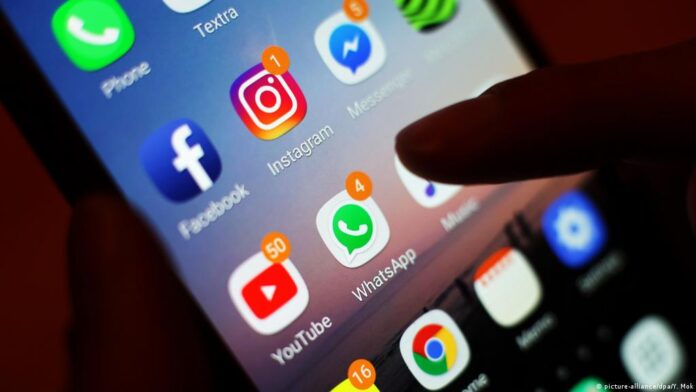The power of social media continues to grow worldwide, with voices being amplified and people using social media platforms as a tool to connect to a huge audience. But there is also a negative side to social media, with it being misused by malicious users. Cyberbullying, trolling and fake news are just some of the problems that have arisen from the misuse of social media platforms. This has become a global concern, not exclusive to one particular society alone. While some people are deliberately nasty and unkind on social media for sadistic pleasure, others believe they are simply exercising freedom of expression.
Freedom of speech does not mean that we are free from consequences. We can say what we want but there can be consequences as a result. For example, defamation in the West is taken seriously and any slander of character online without evidence can lead to legal action. It is, however, becoming tricky when it involves keyboard warriors hiding behind fake profiles or posting behind fake identities. Many of us online will come across accounts belonging to people that simply do not exist in real life.
Recent examples in Pakistan highlight the actual seriousness of the problem. The death of television personality and politician Dr. Aamir Liaquat can be cited as a classic example of the misuse of social media. Dr. Liaquat faced a turbulent time in his personal life after his third wife, Dania, petitioned a court seeking Khula (divorce). Tension increased between the married couple, but things took an ugly turn when a private video of Amir Liaquat was leaked to social media, allegedly by his wife.
This caused a storm on social media, with people sharing the video on various platforms. Unsurprisingly, this led to severe trolling and cyberbullying of the late politician, and he appeared broken by the humiliation. It clearly affected his mental state of mind, something some of his close friends and colleagues have spoken about after his death.
It has been reported in the local news that a local court has ordered FIA’s Cyber Crime Reporting Cell to submit a detailed report on Dr. Amir Liaquat’s leaked videos. Swift action should have been taken much earlier, during Dr. Aamir Liaquat’s lifetime. His erratic behavior, emotional outbursts, and strange comments were clear indications of his depressive state, with the leaked videos taking a toll on him.
Aamir Liaquat’s fall from grace was often a point of discussion and many of his actions were questionable. But the memes and trolling on social media transitioned into cyberbullying in no time. It would not be an exaggeration to suggest that social media contributed to his demise. Perhaps things would have been different if the relevant authorities acted on time, and if people were more humane.
Tragedies like this are unfortunately sensationalized in Pakistan, as compared to the west, where it would have most likely been handled differently, perhaps with a bit more sensitivity. This does not mean cyberbullying does not exist in the western world. It does. The west equally has its share of online woes to contend with, and social media sites such as Twitter continue to face criticism for not doing enough to deal with it.
Another recent case that has highlighted the negative side of social media platforms is that of Dua Zahra, a young girl from Karachi that went missing during Ramzan. She was later found in Punjab, along with a boy for whom she claims to have left her home. The girl’s father, Mehdi Ali Kazmi, claims that the girl is underage. This has become a high-profile case that has not only gripped the attention of Pakistan, it has also been covered by the international media, with protests taking place outside of Pakistan. The case has entered a new phase as the parents continue their legal battle in the Supreme Court.

This case has generated huge interest on social media platforms. Many YouTube channels have covered it extensively, giving regular updates to their subscribers. But the type of reporting on such a high-profile case is questionable, with some YouTubers masquerading as journalists giving their analysis over aspects of the case that are beyond their understanding.
Guidelines and policies do exist for content creators on the platform. Unfortunately, a lot of the time we see channels compromise ethics over likes and subscribers. When you have people with no real background in reporting or proper knowledge, it becomes chaotic, as is the case with Dua Zahra’s reporting.
A small handful of Youtubers have been in contact with the girl, interviewing her along with the alleged husband, and painting the case as a simple love story, compromising the case in the process. The interviews have been clearly conducted to build a narrative that the girl is not under duress and not underage either, despite the legal documentation provided by her parents.
One Youtuber, in particular, has faced backlash from the public for her one-sided reporting after running a campaign against the girl’s parents, digging into their personal lives and accusing them of various things that have no relevance to the case. Mehdi Ali Kazmi has strongly denied all allegations. The YouTuber also faced criticism over the inappropriate and insensitive line of questioning during the interviews.
YouTube content misreporting a high-profile case in the west would have most likely faced defamation charges. They would need to back their claim with evidence or face consequences. While fake news has been peddled with regard to this case, It would be unfair not to acknowledge the YouTubers that have reported with facts and without gimmicks. Those with proper experience in the field of real journalism have done a good job, although they are a handful.
When authorities feel action has to be taken, their go-to is a quick fix solution, such as bans. But we cannot ignore the fact that the platforms provided by social media pose a lot of positive benefits as well. Take TikTok as an example. It has created fresh opportunities for the working class to showcase their talent and earn money at the same time. Some people have even blended creativity with spreading awareness on social and political issues. Striking a balance is absolutely necessary for a society where people can often feel stifled. Authorities need to find a way to protect citizens from harmful content and the misuse of social media platforms, without censorship.




